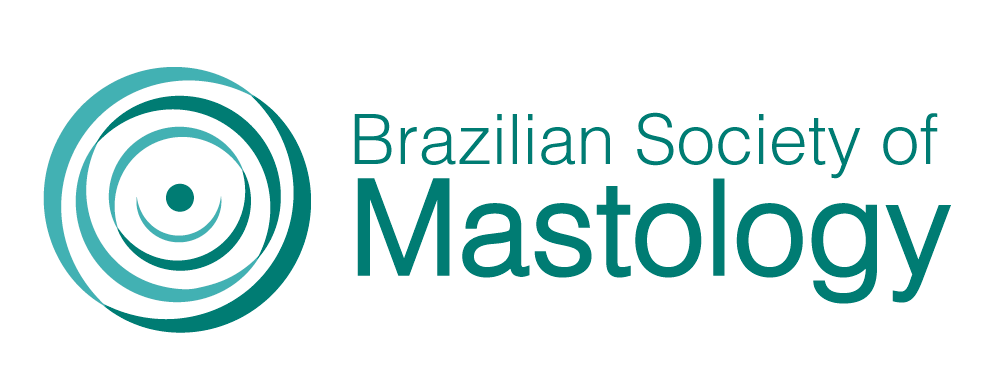A NEW COPPER TERNARY COMPLEX IS A PROMISED COMPOUND FOR THE TREATMENT OF TRIPLE-NEGATIVE BREAST CANCER
Palavras-chave:
Triple-Negative Breast Cancer, Chemotherapy, Cytotoxic, Copper ComplexResumo
Objectives: Triple-negative breast cancer (TNBC) is a biologically aggressive tumor with poor prognosis due to the lack of effective therapeutic strategies. Although chemotherapy is widely employed, chemoresistance and severe side effects remain a challenge in controlling this breast cancer subtype. Doxorrubicin (DOX) and platinum-based drugs are commonly used in oncological regimens but with limitations. In this scenario, metallodrugs based on copper element have been emerged as novel and promised compounds, due to the presenting mechanisms of action and biodistribution different from the platinum drugs already used, and may be effective against tumors that are resistant to conventional chemotherapy. This study focuses on assessing the cytotoxic effect of new copper ternary metal complex (CBP-01) on breast cancer tumor cells. Methodology: Cell viability of human breast cell lines, MCF 10A (non-neoplastic) and neoplastic cells, MCF7, T-47D, and MDA-MB-231, was evaluated by 3-[4,5-dimethylthiazole-2-yl]2,5-diphenyltetra-zolium bromide — MTT methodology. CBP-01 was tested in different concentrations (1, 5, 10, 12.5, 25, and 50 μM) for 24, 48, and 72 h, and the cellular responses were compared with Carboplatin (CARB), Cisplatin (CIS), and DOX. Results: The dose-dependent profile was identified for the four drugs and the cell viability differed between the times of treatment. CBP-01 was effective against the tumor cell lines. Regarding the triple-negative cell line (MDA-MB231), CBP-01 was clearly more effective with lower IC50 (2.05) and higher SI (3.10) than the other compounds. Conclusion: Our data provide new prospects for TNBC treatment and may yield new directions for tumor management.
Downloads
Downloads
Publicado
Como Citar
Edição
Seção
Licença
Copyright (c) 2021 Paula Marynella Alves Pereira Lima, Douglas Cardoso Brandão, Raquel Pereira Cruz, Priscila Capelari Orsolin, Wendell Guerra, Luiz Ricardo Goulart, Robson José de Oliveira Júnior, Thaise Gonçalves Araújo

Este trabalho está licenciado sob uma licença Creative Commons Attribution 4.0 International License.







